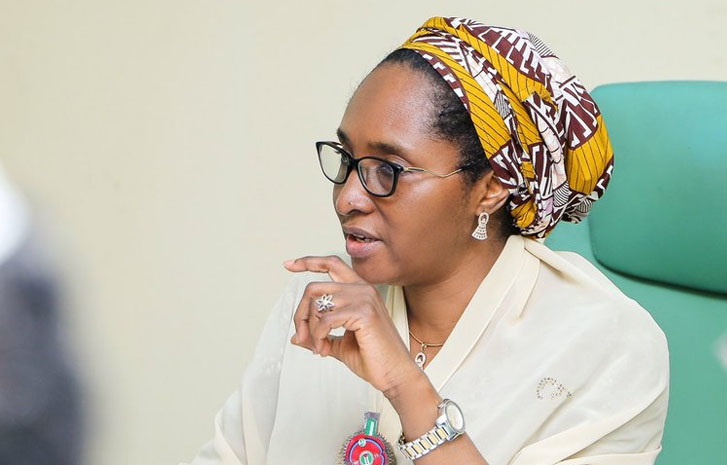…To Accelerate Construction Work On 800Km Of Roads
Barring any last minute change in plans, the Federal Government is to increase the allocation for capital projects in the 2021 fiscal period by N646bn.
Advertisement
The 2021 budget proposal, according to findings is expected to be submitted to the National Assembly before the end of September.
Figures obtained by THE WHISTLER from the Budget Office of the Federation showed that the Federal Government would be proposing the sum of N3.331trn as aggregate capital expenditure for 2021.
The N3.331trn being proposed to be spent in the 2021 fiscal period represents an increase of 24.05 per cent when compared to the N2.685trn which the goverment approved for the 2020 budget.
Further findings by this Newspaper showed that based on the N3.331trn projection of the Federal Government, the sum of N234.19bn is to be spent on Capital supplementation.
Advertisement
This is about N27.16bn lower than the N261.35bn allocated for the same purpose in the 2020 fiscal period.
However, analysis of figures from the budget office showed that the capital expenditure component in statutory transfers is to increase by N48.31bn from N196.77bn approved in this year’s budget to N245.08bn next year.
In the same vein, the amount to be made made available to Ministries, Departments and Agencies for capital projects would be raised from N1.349trn in the 2020 budget to N1.484trn.
Also, capital expenditure allocation for Goverment Owned Enterprises such as the Central Bank of Nigeria, the Nigerian National Petroleum Corporation among others is expected to be increased by N191.42bn from N141.17bn in the 2020 budget to N335.59bn.
Similarly, it was learnt that the government is also making plans to raise the allocation for grants and donor funded projects by N294.36bn from N42.7bn this year to N337.07bn, while amount allocated for special intervention projects would be left unchanged at N20bn.
Advertisement
Over the years, the rise in recurrent costs had resulted in restriction of amount available for capital project implementation.
For instance, the Government was unable to allocate a minimum of 30 per cent of budgeted expenditure to capital projects in 2019 in line with the Economic Recovery and Growth Plan.
This situation is further exacerbated by the impacts of the Coronavirus pandemic on goverment resources.
However, it was learnt that government will continue to pursue its fiscal strategy of targeted public sector infrastructure spending in the 2021 to 2023 fiscal periods.
In line with this target, investigations showed that resources is expected to be allocated to most the productive and growth-enhancing sectors of the economy
The sectors are power, transportation, agriculture, manufacturing, housing and construction, education, health and water resources.
Advertisement
This, according to officials from the Budget Office is with the aim of improving socio-economic infrastructure, supporting employment and stimulating economic growth.
In addition, it was learnt that government support will be geared towards further stimulating activities of Micro, Small and Medium-Scale Enterprises.
Findings also revealed that government would also leverage private and donor capital to supplement capital allocations from the Budget.
To this end, it was gathered that government would accelerate the construction of over 800km of roads and bridges under the Road Infrastructure Tax Credit Scheme.
Furthermore, it was revealed that government would strengthen the frameworks for concessions and public private partnerships, including working with the Legislature to address legislative and regulatory challenges to private investments in key sectors of the economy.



